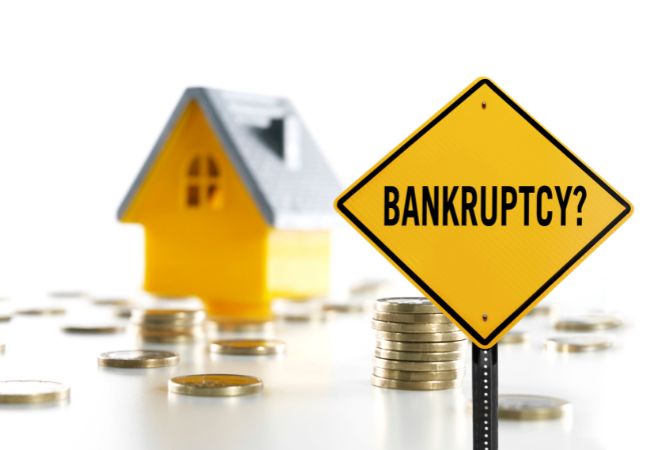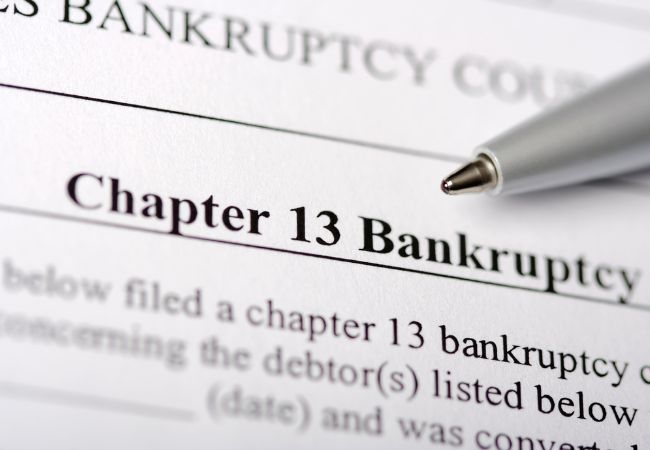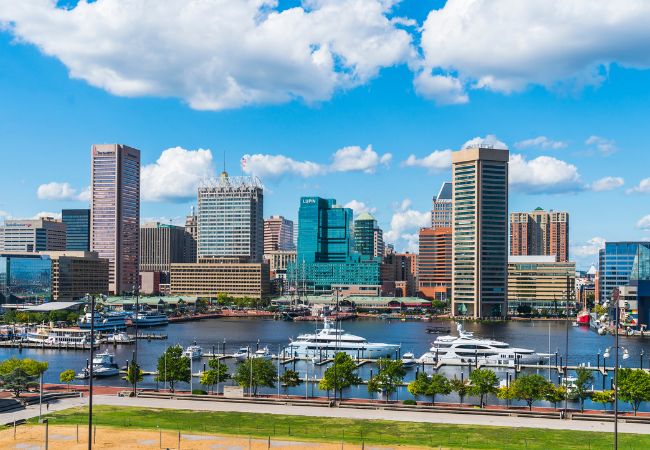Filing for Chapter 13 bankruptcy is a powerful tool that allows Maryland residents to catch up on past-due debts while protecting their assets. But what happens when the repayment plan becomes too much to handle? Life changes, such as job loss, medical emergencies, or inflation, can make it difficult to keep up with the monthly payments required by your bankruptcy plan. If your Chapter 13 payments are too high, you still have options. This article explores the steps you can take to stay on track and protect your financial future.
Answering the Question: What Options Do I Have When My Chapter 13 Payments Are Too High?
What Happens If I Cannot Afford My Chapter 13 Payments?
If you are unable to keep up with your Chapter 13 payments, the court or your trustee may move to dismiss your case. This means you lose the protections bankruptcy provided—such as stopping creditor harassment, wage garnishments, or foreclosure—and you go back to owing the full amount of your debts, plus interest and penalties. The good news is that you do not have to let your case fall apart. There are several steps you can take to adjust your plan or seek alternative relief.
1. Chapter 13 Dismissal
While dismissal is not ideal, it is sometimes necessary. If you can no longer afford the payments and there is no viable way to restructure your plan, you may choose or be forced to have your case dismissed. This ends the bankruptcy process and removes the protection of the automatic stay. Creditors can resume collection efforts, and you could face foreclosure, repossession, or lawsuits.
Before allowing a dismissal to happen, it is essential to explore other options with an experienced bankruptcy attorney.
2. Requesting a Deferment
If your financial hardship is temporary, such as recovering from a short-term illness or unexpected expense, you may be able to request a deferment. This means asking the court for permission to skip or reduce payments for a limited time. To qualify, you must show a valid reason and provide documentation to support your request.
Deferments are not automatic, and they do not erase the payments you miss. However, they can buy you time to stabilize your finances and get back on track.
3. Lowering Chapter 13 Payments
In some situations, it may be possible to lower your Chapter 13 payments. This typically involves modifying your repayment plan. Reasons for modification can include a reduction in income, increase in household expenses, or a change in your financial obligations.
The court will review your modified plan to ensure it still meets the requirements of Chapter 13. Your bankruptcy attorney can help you prepare the necessary documents and propose a new plan that works better for your current financial situation.
4. Getting a Personal Loan
Although it is rare and not often recommended, some debtors explore getting a personal loan to help cover their Chapter 13 payments. This is usually only a short-term solution and comes with significant risk, especially if the loan comes with high interest rates. The court must approve any new credit you take on during a bankruptcy case.
It is very important to speak with your attorney before considering this option. Taking on new debt while in bankruptcy could cause more harm than good.
5. Converting From Chapter 13 to Chapter 7
If your financial situation has changed permanently, converting your Chapter 13 case to a Chapter 7 case may be the best option. Chapter 7 allows for the discharge of most unsecured debts and does not require a repayment plan.
Do you have nonexempt equity in assets?
One of the biggest considerations when converting to Chapter 7 is whether you have nonexempt equity in property like your home or vehicle. In Chapter 7, the trustee can sell nonexempt assets to pay creditors. Maryland has specific exemptions, but your attorney will help you determine whether conversion is a good fit for you.
Mortgages and Car Loans
If you are behind on your mortgage or car payments, Chapter 7 will not help you catch up. You could still face foreclosure or repossession unless you bring the account current or work out an agreement with the lender.
Priority Unsecured Debts
Some debts, such as recent taxes, child support, or alimony, are considered priority debts and will not be discharged in Chapter 7. Make sure you understand how these debts will be handled before switching from one chapter to another.
What Are My Other Options To Resolve The Debt Post Dismissal?
If your Chapter 13 case is dismissed and you are not eligible to refile or convert, there are still ways to handle your debts outside of bankruptcy.
What Debts Can I Get Rid of In Chapter 13?
Chapter 13 bankruptcy allows you to discharge many types of unsecured debt, including:
- Credit card balances
- Medical bills
- Personal loans
- Some older tax debts
However, certain debts—like student loans, recent taxes, and domestic support obligations—are usually not dischargeable. These must be paid in full through your plan or handled through other methods.
Debt Relief Options if My Chapter 13 Case is Dismissed
If bankruptcy is no longer an option, you can still seek other forms of debt relief.
Debt Settlement
This involves negotiating with creditors to accept less than what you owe. While it may affect your credit, it can reduce your overall debt and help you avoid legal action.
Debt Consolidation Loans
If your credit allows, consolidating your debts into one monthly payment at a lower interest rate may make repayment easier. Be cautious and review the terms carefully before agreeing.
Debt Management
Nonprofit credit counseling agencies can help you develop a structured plan to pay off your debt. These programs often reduce interest rates and stop late fees, making it easier to catch up.
Debt Payoff Planning
If you can afford to make payments but are overwhelmed by multiple bills, working with a financial advisor or attorney to create a customized payoff strategy can help you gain control and reduce your stress.
How the Law Offices of Nicholas J. Del Pizzo Can Help
If your Chapter 13 payments are too high or you are struggling to manage your case, do not wait until it is too late. The Law Offices of Nicholas J. Del Pizzo has helped countless Maryland residents in Baltimore and Dundalk find realistic solutions to overwhelming debt. Whether you need to modify your plan, convert your case, or explore nonbankruptcy options, we are here to guide you every step of the way.
Contact us today for a free consultation. Let us help you take control of your financial future and find the path that works best for you.



